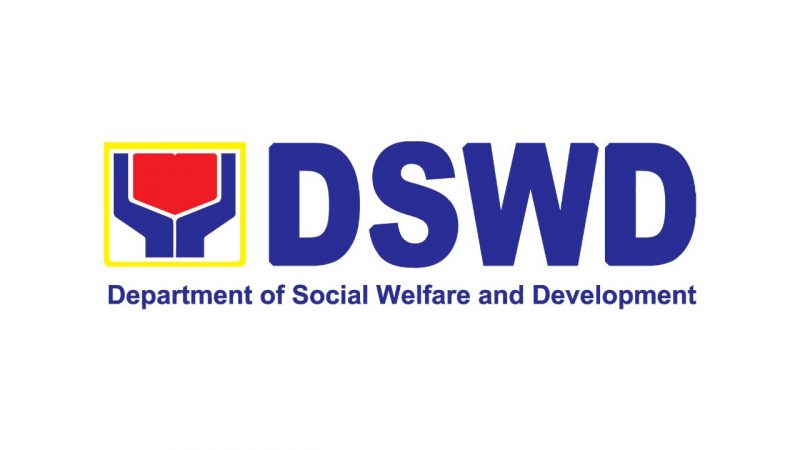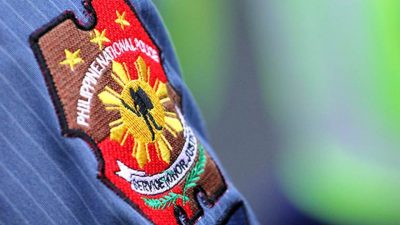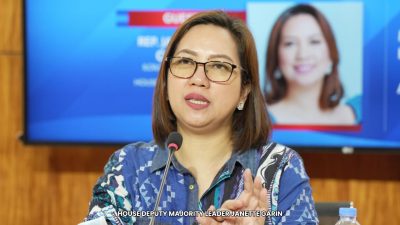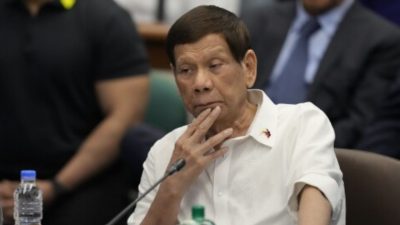By Junex Doronio
MANILA — In line with the Bagong Pilipinas vision of a united, peaceful and progressive society, the Department of Social Welfare and Development (DSWD) has embarked on a “kumustahan” activities that aim to gain the trust and confidence of former Bangsamoro rebels who engaged in armed struggle for several years.
DSWD Undersecretary for Inclusive-Sustainable Peace and Special Concerns (ISPSC) Alan Tanjusay, who joined the Field Office’s 12 Normalization Team, said the re-engagement and “kumustahan” activities are part of the agency’s case management monitoring and assessment of decommissioned combatants of Moro Islamic Liberation Front (MILF) who have received government cash assistance for livelihood and other services for reintegration in their communities as civilians.
“So far, our case management monitoring of our decommissioned brothers and sisters in the MILF reveals that they have been coping well with the normalization process. While the assessment activities are very challenging for the DSWD personnel due to the hard-to-reach locations and the risk of armed conflict, our social development workers are committed to ensure the government reintegration programs for them are indeed helping them out,” Tanjusay explained.
Aside from the monitoring of grant utilization, the Field Office’s 12 Normalization Team follows the current process flow of case management during the re-engagement activities. This includes needs assessment, intervention planning, implementation of services, monitoring, and reintegration.
The “kumustahan” activities, which started last May until July, are in coordination with the Bangsamoro Autonomous Region of Muslim Mindanao (BARMM) Ministry of Social Services and Development, and the Task Force for Decommissioned Combatants and Their Communities (TFDCC) of the Office of the Presidential Adviser on Peace, Reconciliation and Unity (OPAPRU).
As part of the Normalization Track of the Comprehensive Agreement on the Bangsamoro, MILF combatants shall undergo the process of decommissioning conducted by the Independent Decommissioning Body (IDB). Once decommissioned, the combatants shall be turned over to the DSWD for the payout of the cash assistance and case management.
Around 26,132 MILF combatants have been decommissioned since 2019 in three phases.
The fourth and final phase of the decommissioning process targets an estimated 14,000 combatants more.
(el Amigo/mnm)







